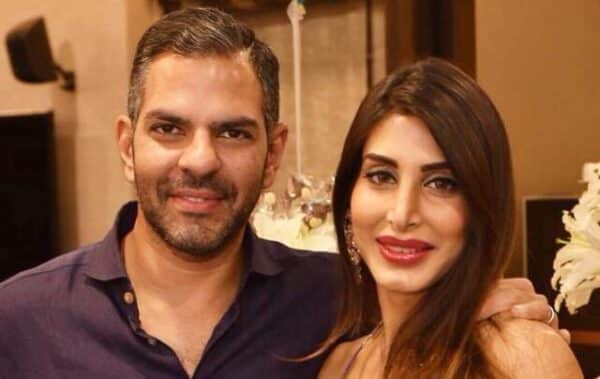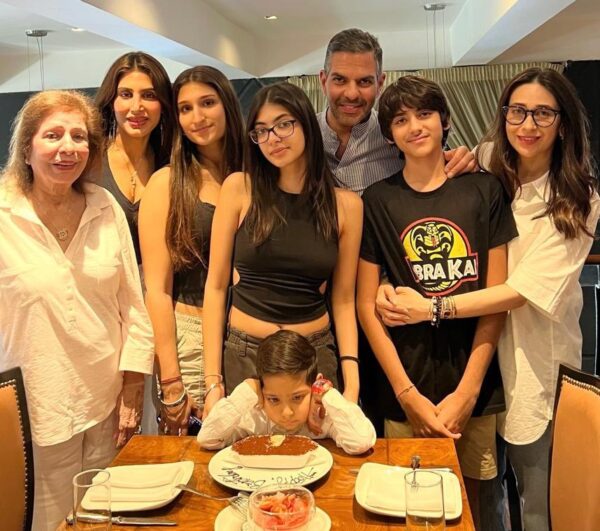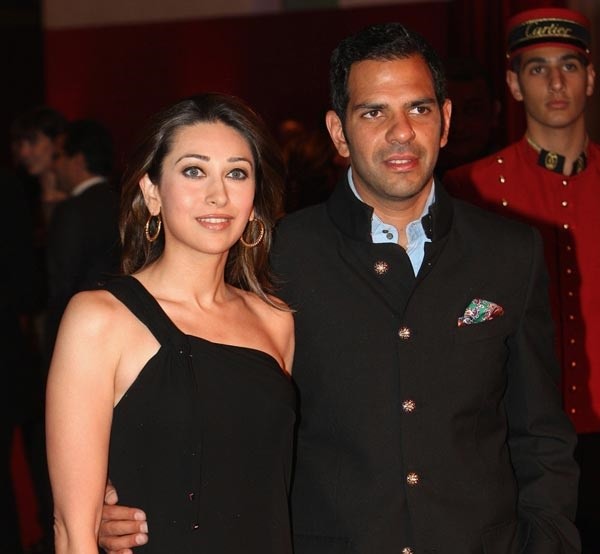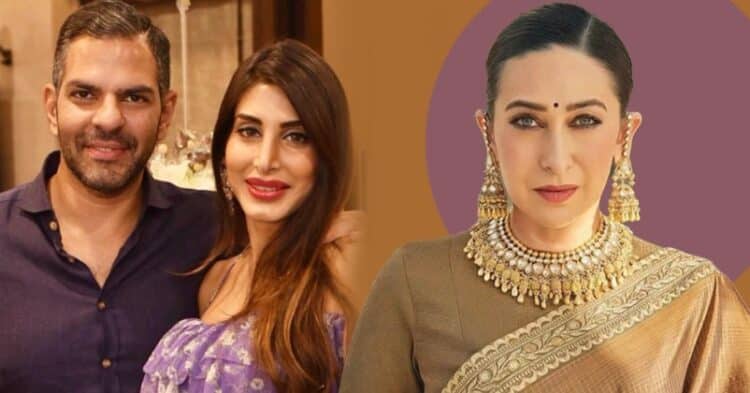The recent and unexpected d*mise of businessman and polo enthusiast Sunjay Kapur during a match in England has cast a fresh spotlight on his personal life. In the days following the tragedy, a heartfelt interview with his wife Priya Sachdev has resurfaced, offering insight into the deep familial bonds they nurtured over the years.

In the interview, Priya spoke candidly about their blended family, emphasising the emotional intelligence and love shared among the children involved.
Priya, who has a son named Azarius with Sunjay and a daughter Safira from her previous marriage to hotelier Vikram Chatwal, recalled the close bond that developed between all the children, including Samaira and Kiaan, Sunjay’s children from his earlier marriage to actress Karisma Kapoor.
Priya described how their daughters initially formed a strong friendship, which naturally extended to Kiaan. She said that her son Azarius looked up to his elder brother with great admiration. Priya added that because Samaira and Kiaan had also experienced the separation of their parents, they showed remarkable emotional maturity in dealing with the dynamics of a blended household.

The conversation also offered a rare look into Priya’s relationship with Karisma Kapoor. Rather than allowing past complications to dictate the present, both the women took conscious steps to foster warmth and inclusion.
Priya shared that they had created a “Kapoor family group” for communication and another one existed which included Karisma and her children. Over time, their interaction evolved from casual meetings over tea to shared dinners and even family vacations.
Priya expressed a sense of ease in calling Karisma by her nickname “Lolo” and emphasised that open conversations between all the adults involved, including Karisma and Sunjay, helped smoothen the journey toward familial harmony.

One of the most moving aspects of the interview was Priya’s acknowledgment of the children’s role in bringing everyone together. She recounted how Samaira and Kiaan had once asked if their mother could join a family event, recognising that she had no other plans. Priya welcomed the idea without hesitation, underscoring the trust and confidence she felt in her marriage and the shared understanding that the wellbeing of the children came before any lingering personal insecurities.
As she reflected on the evolution of their family, Priya made it clear that the adults had made a collective choice to prioritise the emotional security of their children. With clarity and grace, she concluded that the time for holding onto the past had passed. It was now about ensuring that the children felt safe, loved and truly understood.
In her words, the responsibility they all carried was to provide the kind of environment that any child deserves, one built on mutual respect, compassion and unity.



